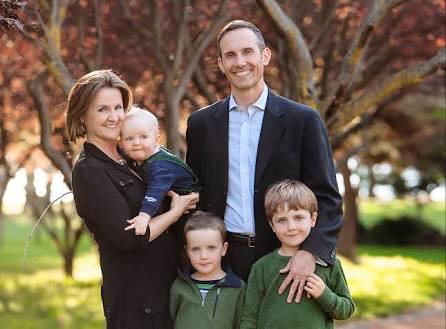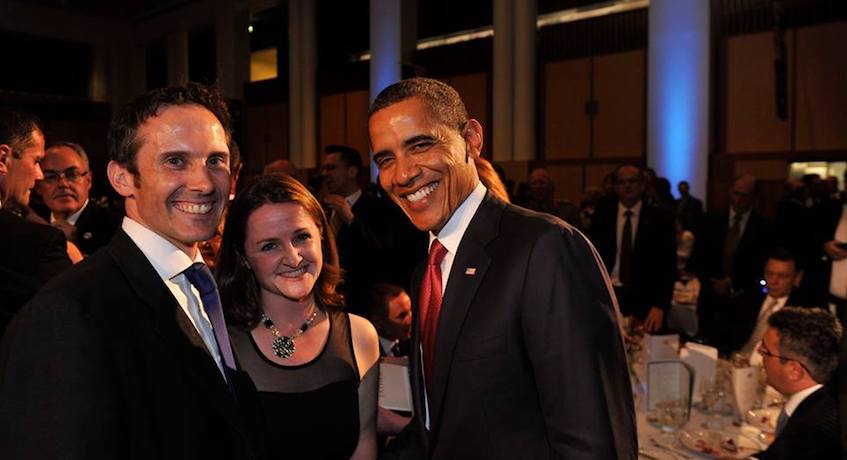With sexual harassment scandals roiling Hollywood and Washington, we need more feminists, not fewer. With the gender pay gap about where it was two decades ago, it’s time for men to do our part for greater equity. With Australia’s corporate boards still three-quarters male and our federal parliament still two-thirds male, men need to join women in talking about how fair representation brings better results.
… the gender pay gap in Australia is exacerbated by rising economic inequality across the workforce.
To be a male feminist today is to take responsibility for gender inequity, rather than seeing equality as ‘women’s work’. For my part, I’ve written for Mamamia on the fact that the gender pay gap in Australia is exacerbated by rising economic inequality across the workforce. Among the lowest-paid occupations in Australia at present are child care workers (97 per cent female), hairdressers (89 per cent female), and cleaners (65 per cent female). Among the highest-paid are surgeons (13 per cent female), financial dealers (17 per cent female) and actuaries (35 per cent female). If we let the pay gap between child care workers and surgeons grow, the gender pay gap will grow too.

Andrew Leigh at The Canberra Times Fun Run, September 2017
… I want young boys like my three sons to live in a society where relationships are based on mutual respect…
Being a male feminist means taking on hard conversations such as family violence. Data released by the Australian Bureau of Statistics last month showed that 17 per cent of women had at some point suffered violence at the hands of an intimate partner (compared with 6 per cent of men). As a White Ribbon Ambassador, I’m committed to speaking out about this issue in public and private. It’s not just that I want young girls to grow up in a safer world – it’s also that I want young boys like my three sons to live in a society where relationships are based on mutual respect, not power and dominance.
Being a male feminist also means taking the time to look at issues from a gender perspective.
Being a male feminist also means taking the time to look at issues from a gender perspective. This year a young feminist scholar, Joanna Richards, joined my office for a few months to research and develop a gender equity toolkit. The toolkit will be made available as a resource for anyone interested in campaigning, lobbying, or advocating for parliamentarians to take action on gender equity.

Gweneth and Andrew Leigh, with their sons Sebastian, Theodore and Zachary.
A favourite poem of mine is Martin Niemöller’s “First they came for…”. It’s a reminder that the strands of justice are intertwined. So that’s why I’d happily call myself a campaigner for disability rights, for ending global poverty, for marriage equality, for Indigenous reconciliation – and of course for feminism.
*For more detail about PhD candidate, Joanna Richards’ current research on women and political power, and her previous, widely reported research on the gendered nature of interruption, visit her website.




